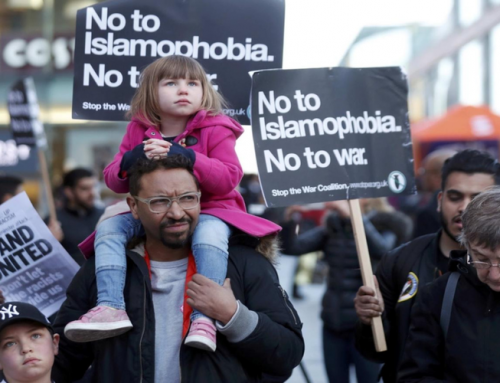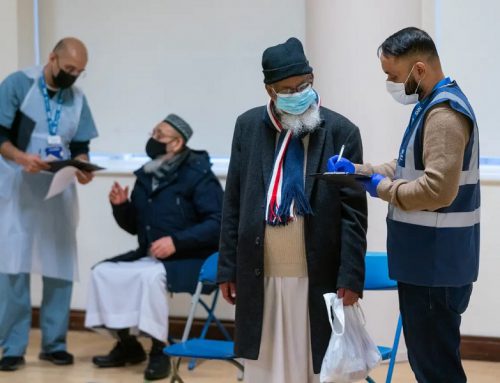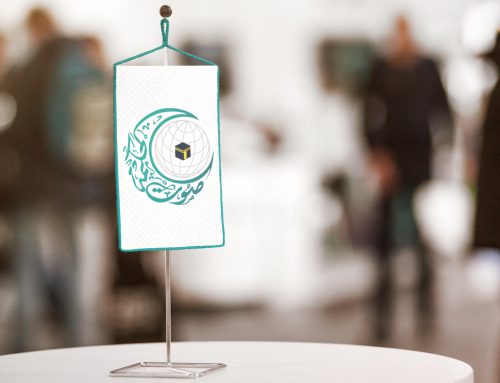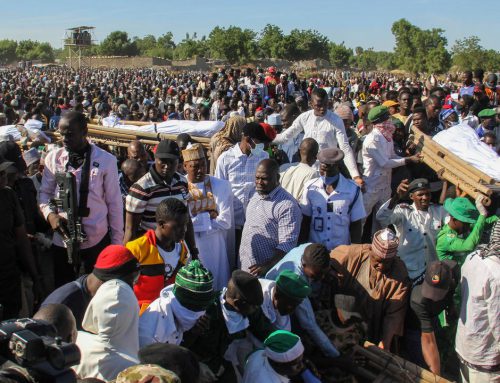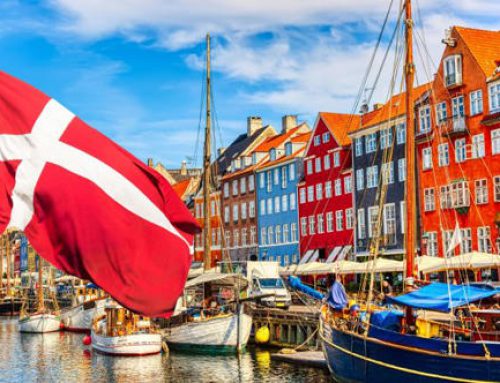Since the end of the Cold War through to the early nineties, the world has witnessed fundamental shifts in politics, ideology and the economy. Political and cultural globalisation have become prominent concepts, and capitalism dominates the global debate politically and culturally. In light of these radical transformations surfaced problematic new dialectic, a dialectic of violence and terrorism, which began to grow and swell since the beginning of the nineties. Violence and terrorism are dominating global discourse and threaten human civilisation, well-being, security and stability. It has hijacked the vehicle of globalisation to penetrate the borders of states fortified and non-fortified rich and poor alike. Violence and terrorism and environmental issues are priority agendas. More than 100 scientific and political centres, according to the statistics of Benjamin Friedman, have been established to study the cause, dimensions, mechanisms and influence of this phenomenon. Violence and terrorism have evolved rapidly in the West, especially after the events of September 11. There have been many responses in the Muslim world since most of the negative aspects of this phenomenon have ravaged the Muslim world with much of the terror and extremism in the last twenty years belonging to Muslims in one way or another. These responses appeared in the form of specialised research centres and political initiatives and plans for local and regional confrontation adopted by the Muslim countries to counter this phenomenon. However, the lack of coordination and localisation have plagued these efforts and reduced their effectiveness.
From this viewpoint, the OIC, largest representative of the countries of the Islamic world politically, culturally and economically, endeavours to coordinate these efforts for a united response and shared a vision in the fight against extremism and terrorism perpetrated in the name of Islam. The majority of causalities have been Muslim, and the Muslim world has suffered the most. This is not a new direction for the OIC as the text of its founding charter issued in the Rabat summit between 22 to September 25, 1969 AD, reads “on the necessity of maintaining the noble Islamic values of peace, compassion, tolerance, equality, justice and the promotion of human dignity”. The eleventh article of its charter is to publish, promote and preserve the teachings and values of Islam based on moderation and tolerance and to promote Islamic culture.
Article 18 details the necessity of cooperation in the fight against terrorism in all its forms and manifestations and organised crime and illegal trafficking in drugs, corruption, money laundering and trafficking in humans. This objective is manifested in the OIC’s efforts in the fight against terrorism which developed the Code of Conduct for the Member States of the Organization of Islamic Cooperation on Combating International Terrorism, issued in 1994, which alerted to the necessity of moving to counter terrorism and considered a precedent for the many international efforts to combat this phenomenon. Another outcome is the OIC Convention on Combatting International Terrorism in 1999 in Ouagadougou, Burkina Faro. This convention highlighted the OIC’s role in addressing this phenomenon internationally and domestically.
The latest official statement issued by the Executive Committee of the OIC held at the ministerial level at the end of its emergency meeting at the headquarters of the OIC General Secretariat on 15 February 2015 called for the urgent need to develop an integrated plan for combating religious extremism. This statement marks the beginning of a new approach to confronting this phenomenon from political to intellectual and doctrinal confrontation. This was decided by resolution 41/42 POL, which was adopted by the 42 Foreign Ministers of the OIC in Kuwait between 27-28 May 2015. The Secretary-General of the OIC called for the development of an effective strategy to combat terrorism and violent extremism and Islamophobia using the same means through which they are propagated, namely confronting extremism by employing all means of communication and social networking platforms. It seeks to unite effort to highlight authentic Islamic teachings, identify the manipulation of extremist propaganda and Islamophobia, assert Islam’s rejection of violence and extremism, and emphasise its commitment to peace and tolerance.
Such efforts to combat extremism and terrorism have crystallised in the founding the Transmission Centre of the OIC to take on this challenging task. The Centre will serve as an avenue through which researchers can demonstrate the tolerance of Islam. It is a destination for all truth seekers in a virtual world where many youths are being trapped in the sneer of extremist corruption of Islam and Islamic texts due to their lack of knowledge of their religion.
*Dr.Tarik Ladjal is Professor of History at Effat University in Jeddah, Saudi Arabia.

